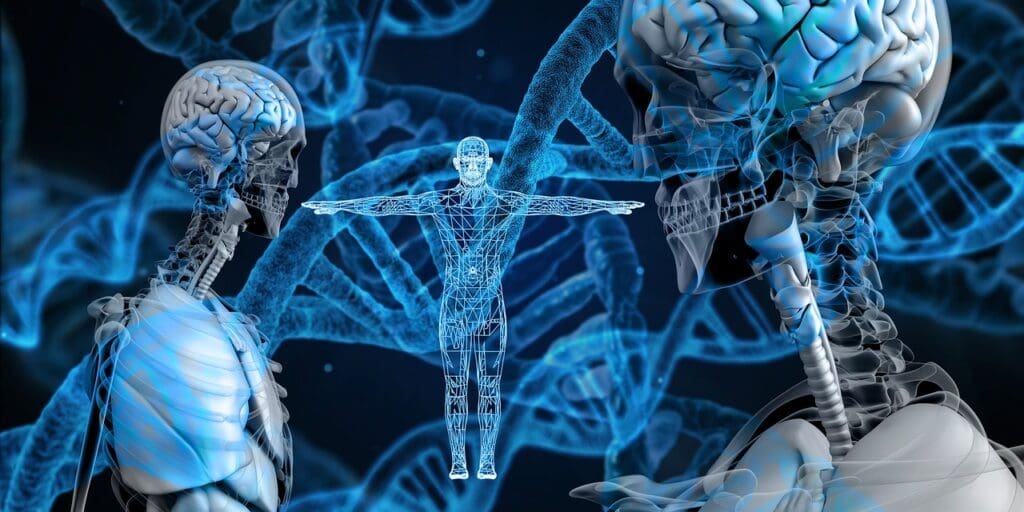New gene for Fanconi anemia discovered
An international research team led by Julius-Maximilians-Universit├żt W├╝rzburg (JMU) has identified another gene whose mutation causes Fanconi anemia (FA) . The rare hereditary disease leads to congenital malformations, progressive bone marrow failure and an increased risk of cancer, particularly blood and mucous membrane cancer. The results were published in The Journal of Clinical Investigation.
Fanconi anemia is caused by mutations in one of now 23 known FANC genes. The newly discovered gene, FAAP100, now classified as FANCX, plays a central role in DNA repair. In FA patients, the repair of chemical cross-links in the DNA double strand is disrupted, leading to chromosomal instability, malfunction or cell death. The W├╝rzburg study shows that a genetic variant of FAAP100 impairs the function of a protein complex that is essential for DNA damage repair. Experiments in cell and animal models confirmed that a lack of FAAP100 leads to developmental disorders typical of FA.

The findings are crucial for the diagnosis and genetic counseling of patients, as they enable precise identification of the cause of the disease. In addition, the exclusion of FA before certain treatments is necessary in order to minimize risks. The researchers also see a possible link between FANCX mutations and unexplained miscarriages, which requires further investigation. The link to hereditary cancers also remains a focus of research.
In addition to JMU, researchers from the USA were involved in the study, including teams from the National Institute on Aging in Baltimore, the University of Miami and the National Human Genome Research Institute in Bethesda. The work was funded by the Schroeder-Kurth Fund and the German Federal Ministry of Education and Research.
Original Paper:
Julia Kuehl, Yutong Xue, Fenghua Yuan, Ramanagouda Ramanagoudr-Bhojappa, Simone Pickel, Reinhard Kalb, Settara C. Chandrasekharappa, Weidong Wang, Yanbin Zhang, and Detlev Schindler: ” Genetic inactivation of FAAP100 causes Fanconi anemia due to disruption of the monoubiquitin ligase core complex” in The Journal of Clinical Investigation. DOI: 10.1172/JCI187323
The articles in the news section are produced by X-Press journalist office
Gender note. The personal designations used in this text always refer equally to female, male and diverse persons. Double/triple references and gendered designations are avoided in favor of better readability. t




